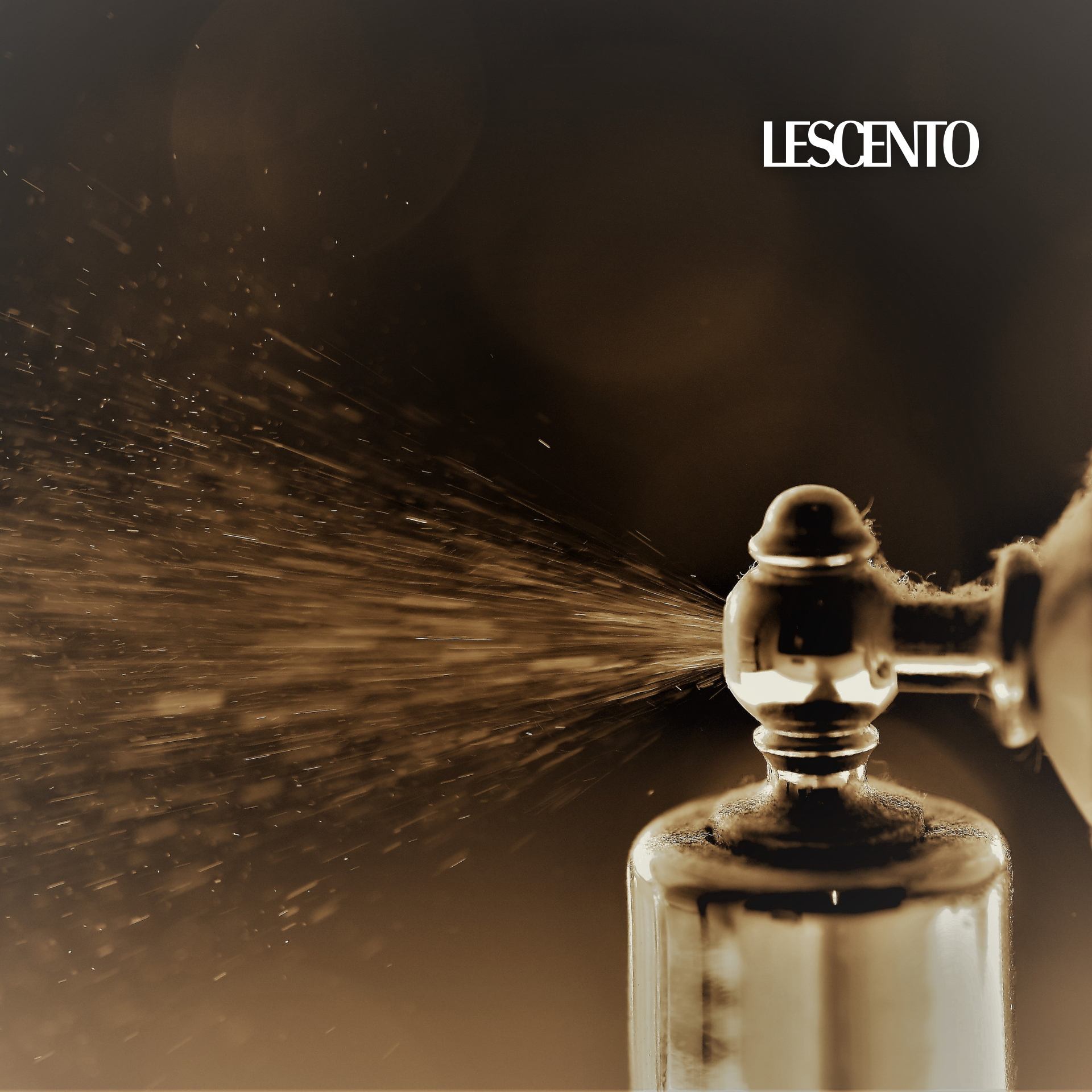
Why Perfume Smells Different on Everyone: Skin Chemistry, Memory, and Longevity Explained
Perfume is more than a luxury accessory; it is a blend of chemistry, psychology, and artistry. One of the most common questions perfume lovers ask is: How long will this scent last on me? The answer is fascinatingly complex. It depends on concentration, skin chemistry, the way you wear it, and even how your subconscious processes the smell. Let’s explore this sensory journey.
Perfume Concentrations: Strength Matters
Before diving into skin chemistry and psychology, it is important to understand the different types of perfume concentrations. Longevity starts here:
Eau Fraîche (1–3% perfume oils): The lightest form, airy and fleeting. Expect it to last around 1–2 hours.
Eau de Cologne (2–5% perfume oils): Refreshing and citrusy, with a short lifespan of 2–3 hours. Often used as a quick pick-me-up.
Eau de Toilette (5–15% perfume oils): Popular for its balance of freshness and projection. Lasts about 3–5 hours, though lighter notes may fade faster.
Eau de Parfum (15–25% perfume oils): Richer and more nuanced, designed to linger 6–8 hours or more depending on the composition.
Extrait de Parfum / Parfum (25–40% perfume oils): The most concentrated and luxurious, with incredible depth. These can last 12 hours or even until the next day, evolving beautifully on the skin.
Knowing your concentration helps you set realistic expectations. A citrus cologne will never cling as long as an amber-rich extrait, and that is part of the magic.
Skin Chemistry: Your Unique Canvas
Perfume does not exist in a vacuum. The moment it touches your skin, it begins a dialogue with your body’s chemistry.
Skin Type: Oily skin tends to hold scent longer, as oils trap fragrance molecules. Dry skin lets perfume evaporate more quickly.
pH Levels: Slight differences in skin acidity can shift how notes develop. A perfume may smell warm and sweet on one person, but sharper on another.
Diet and Lifestyle: What you eat matters. A diet rich in spices, for example, can amplify woody or smoky notes. Stress, hormones, and medications can also subtly influence scent perception.
This explains why your friend’s signature scent smells divine on them but not quite the same on you. Perfume is chemistry written directly on your skin.
Beyond Skin: Wearing Perfume on Hair and Clothing
Longevity is not just about your skin. How and where you apply fragrance changes everything:
Clothing: Fabrics absorb perfume molecules and release them slowly throughout the day. A spritz on your scarf or jacket can linger for days. Be careful with delicate silks, as oils can stain.
Hair: Lightly misting perfume on hair adds sillage, the beautiful trail you leave behind. Hair’s porous structure holds scent well, but alcohol can dry it out, so either spray a cloud and walk through it or use a hair perfume formulated with less alcohol.
Pulse Points: Wrists, behind the ears, neck, and inner elbows radiate warmth, helping perfume diffuse more effectively.
Layering: Use unscented moisturizer before applying perfume. Hydrated skin locks in fragrance molecules and boosts staying power.
The Psychology of Scent: Why We All Smell Differently
Here is where psychology and neuroscience step in. Perfume is not just chemistry, it is perception.
Subconscious Memory: Each person carries a unique library of scent memories. For one, vanilla may recall warm childhood baking; for another, it may evoke a hospital disinfectant used nearby. These subconscious associations influence how pleasant or long-lasting a perfume feels.
Olfactory Fatigue: Our brains quickly adapt to familiar smells, filtering them out as background noise. That is why you may stop noticing your perfume after an hour, even while others still smell it clearly.
Personal Bias: Some people are more sensitive to certain molecules. Iso E Super, for example, is almost undetectable to some but overwhelmingly strong to others.
A perfume does not just smell different on different skin, it smells different to every nose. Perfume is as personal as memory itself.
Extras That Influence Longevity
Climate: Heat intensifies scent and makes it evaporate faster, while cooler air preserves it. That is why summer perfumes often feel lighter and fleeting.
Storage: Keep bottles away from sunlight and heat. Properly stored perfumes can last for years, while neglected ones may turn sour.
Composition: Citrus and green notes naturally fade faster. Woods, resins, ambers, and musks are the marathon runners of perfumery.
Final Thoughts
The lifespan of a perfume is not just a matter of hours and percentages. It is a living experience shaped by concentration, body chemistry, environment, and the subconscious mind. Perfume is chemistry meeting psychology, a science infused with memory, emotion, and individuality.
The next time you spray your favorite scent, remember: how long it lasts is as unique as you are. At LESCENTO, every fragrance is crafted in small artisanal batches, designed not only to last but to evolve, leaving behind a trail of individuality as unforgettable as the person wearing it.


